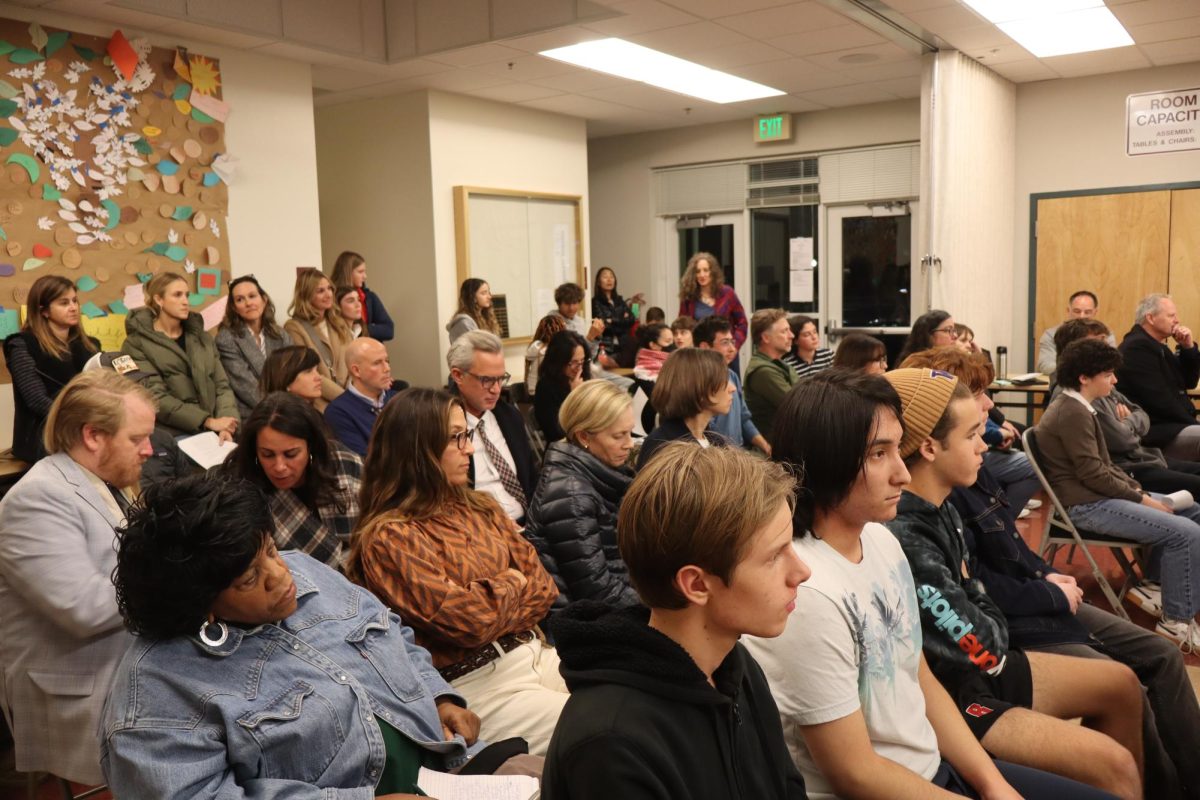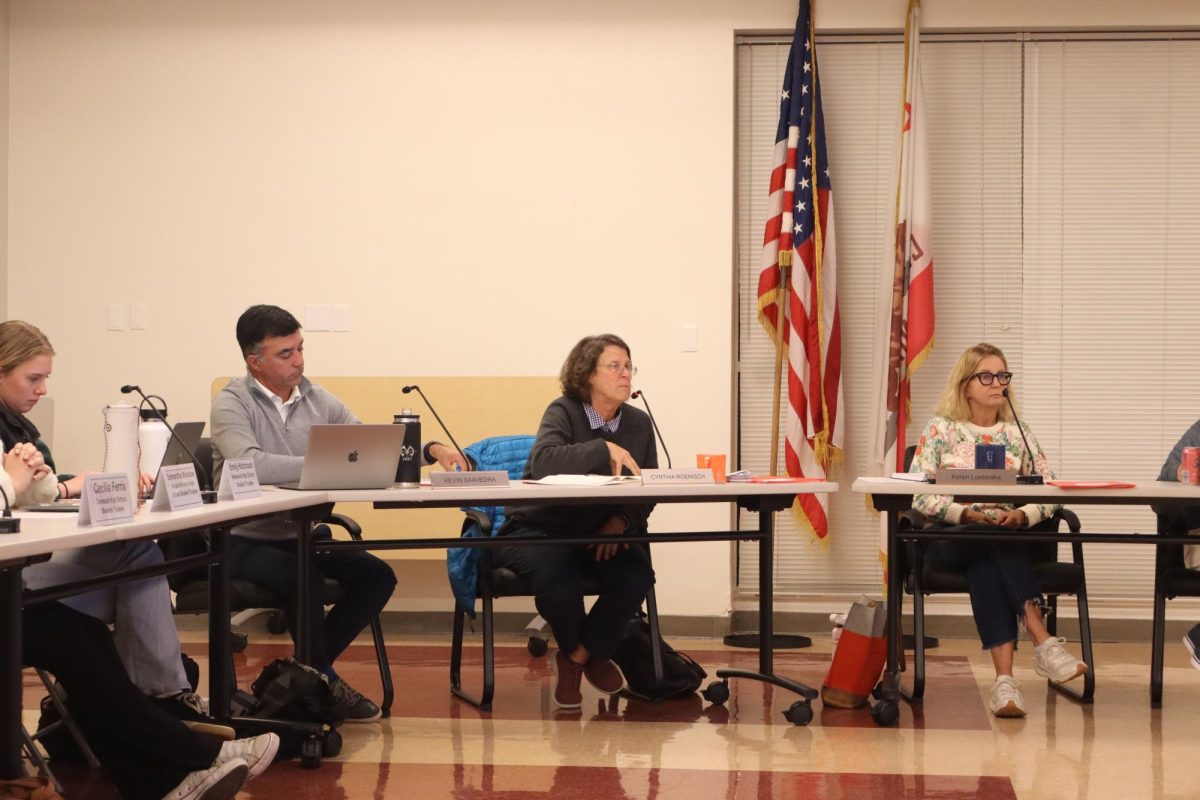Caucuses cast a shadow over American Democracy
February 8, 2020
Everyone remembers the stereotypical high school cafeteria set up, where the best dressed, prettiest and most athletic command the social scene while the rest of the geeks, freaks and tweaks are cast to the cafeteria’s outskirts. This dynamic transcends high school and appears in the caucus system, where the wealthy sit in place of the jocks and the stakes are the presidency rather than homecoming queen. The selective system, in which community members gather for hours to decide the primary nominee is in place of a regular vote, allows a certain demographic to speak for entire states. This in turn results in the weakening of individual voting rights, skewed election results and the further polarization of American politics, as more extreme candidates are elected by the suppression of the disadvantaged majority.
Voter suppression is an issue that dates back when African American’s first received the right to vote after the Civil War, though it still remains present in today’s America. According to Vox, the average voter turnout in states with traditional primaries was 32.4 percent, while the average turnout for the primary in states with caucuses was only 9.9 percent. The very structure of the caucus, which requires attendees to physically be at the location for up to 14 hours, limits the demographics of voters who can participate and voice their beliefs. According to a 2010 Fordham University study, caucus participation is skewed in favor of men, especially those with higher levels of education. Similarly, NBC has concluded that the long hours that caucus require has the “potential to discriminate against middle and lower-income people, who may not be able to spare the time” due to hourly salaries, lack of access to childcare and other obstacles that prevent them from spending a full work day at the caucus. People shouldn’t have to choose between their job or taking care of their kids and participating in our democracy, and America shouldn’t have a system that only listens to a select few who fit the mold of a particular type of voter.
Beyond the moral objections to caucus, there are legal oppositions as well. According to the Minnesota University law review, “the 14th Amendment protects the right of voters to participate in elections on an equal basis with one another.” Caucuses violate this protection as its structure results in factors such as wealth, health and occupation acting as a filter for voter discrimination.
This violation of Americans’ individual rights and liberties guaranteed to them by the Constitution not only weakens each American’s voice, but results in election decisions that are skewed towards the extremes and are unrepresentative. According to a survey by the Washington Post in 2008, “even after accounting for many other factors, caucus attendees were more ideologically extreme than primary voters.” In a time where our country is torn apart by the extremes of politics, a system that encourages the election of candidates who represent the far ends of the political spectrum serves as a great threat to our political system and civil welfare. To heal the wounds that recent elections and domestic turmoil have brought, America needs an electoral process that nominates candidates who the majority of voters can put their trust in, not one that only hears the voices of the few who have fulfilled the unofficial economic and social requirements that come with a caucus.
In spite of this viewpoint, many Iowan voters and other Americans who participate in caucuses support the process. The structure of caucus does give a platform for debate and exchange of ideas in a civil manner. Additionally, voters have more of an opportunity to meet face-to-face with candidates since grassroots movements have more influence in the caucus system than in states with primaries where big corporations and campaign events are more dominant, according to the Des Moines Register.
All of these benefits, including open debate and citizen organized movements, are democratic and are assets to our country. However, these advantages only extend to a slice of perspectives that make up states like Iowa, and therefore rather than America profiting from the caucus system, it is suffering from the suppression of perspectives and demographics.
The benefits of the caucus can be retained with community-run debates and discussions in addition to state-run primaries. However, Americans cannot continue to preach values of democracy and free elections to the American people and world while so many voters are going unheard as a result of the caucus system. All Americans, especially Democrats who support true representation in caucus states like Iowa and Nevada, need to call on their state Democratic party committee to eliminate caucuses and switch to a state-run primary. This change will more effectively represent all perspectives, and, as a result, improve our government’s ability to serve the will of all of the people, not just a select few.







